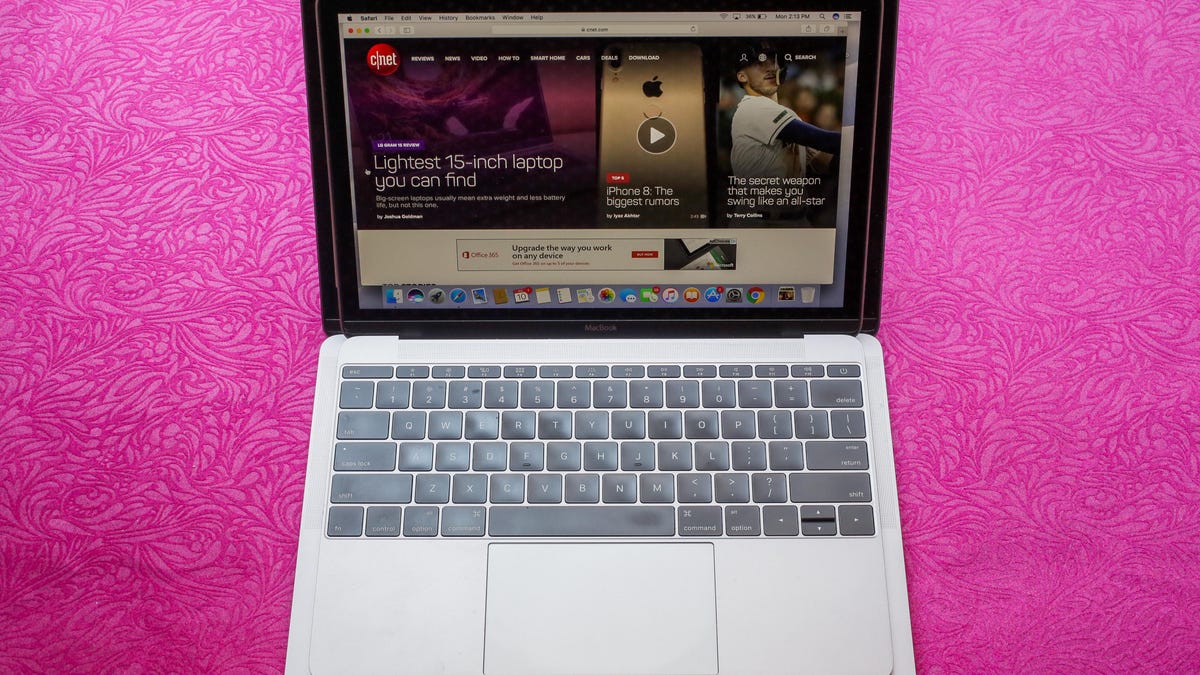Apple Macs may use own chips, drop Intel's, as early as 2020
The tech giant reportedly plans to replace the Intel chips it currently uses with its own.

Apple's 12-inch MacBook on top of the 13-inch MacBook Pro.
Apple may start using its own chips in Mac computers as soon as 2020.
The company is in the early stages of creating its own processors for the MacBook and iMac , which currently run on Intel chips, according to unnamed sources speaking to Bloomberg on Monday.
Should this happen, the Mac computer line would have a similar processor strategy to the iPhone and iPad , which already use Apple-produced processors such as the A11 Bionic chip in the iPhone X.
Apple and Intel declined to comment on the report.
Intel's shares tumbled 7.6 percent to $48.12 after the news.
Losing Apple as a customer would deal a big blow to Intel. While Macs make up only a small percentage of the total PC market -- 8.2 percent in the fourth quarter, according to IDC -- Apple remains one of the biggest and most powerful companies in technology. Macs tend to command higher prices than Windows-based PCs, and while many PC companies have seen their market share slide, Apple's has been rising.
Intel, which was late to mobile, has seen its core PC market shrink. It's managed to win new business with Apple, supplying 4G chips for some iPhones. But as Intel expands in mobile, its phone rivals have been encroaching on laptops. Qualcomm partnered with Microsoft and PC makers like Asus to create always-on PCs that are similar to mobile devices.
Apple, too, has been expanding into the components market. It now makes its own application processors that act as the brains of its mobile devices, a Bluetooth chip to quickly link its AirPods to its iPhones, and security chips that protect personal data and biometrics from hacking attempts. By building its own chips, Apple is able to better control the features it releases, as well as its timeline for introducing new devices.
The company has used Intel chips in its computers for over a decade, when it moved away from its previous partner, IBM. That decision changed the PC industry and helped Intel become the world's dominant computer chip maker.
Apple's new effort is code-named Kalamata, according to Bloomberg. It's part of Apple's push to make its devices work together better, the publication said.
First published April 2, 11:15 a.m. PT.
Update, 11:40 a.m. PT: Added more background information and Intel declining to comment.
Does the Mac still matter? Apple execs explain why the MacBook Pro was over four years in the making, and why we should care.
Tech Culture: From film and television to social media and games, here's your place for the lighter side of tech.



